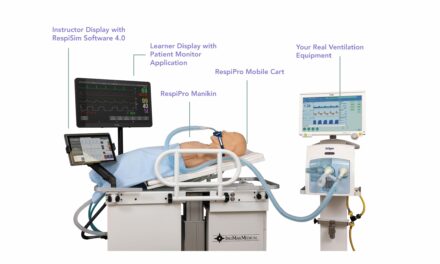Metabolic phenotyping of blood plasma by proton nuclear magnetic resonance identified lung cancer biomarkers and allowed for identification of patients with lung cancer.
Researchers from Belgium recruited 357 lung cancer patients from the Limburg Positron Emission Tomography Center and the Department of Respiratory Medicine of the University Hospitals Leuven and 347 control non-cancer patients from Ziekenhuis Oost-Limburg. The cancer patients and non-cancer patients were subdivided into two cohorts, a training cohort whom they used to scan for metabolic variances and a validation cohort used to validate the model and methods. Fasting venous blood was collected from each patient and analyzed using H-NMR for metabolic differences between the cancer and non-cancer groups.
The results published in the Journal of Thoracic Oncology, the official journal of the International Association for the Study of Lung Cancer (IASLC), identified increased levels of several metabolites in cancer versus non-cancer patients including glucose, N-acetylated glycoproteins, ?-hydroxybutyrate, leucine, lysine, tyrosine, threonine, glutamine, valine, and aspartate, and decreased levels of alanine, lactate, sphingomyelin, phosphatidylcholine, citrate, and other phospholipids. Based on the metabolic variances observed, the model classified 78% of the lung cancer patients and 92% of the controls correctly with an AUC of 0.88. The model had a sensitivity of 71% and a specificity of 81% with an AUC of 0.84, however, was unable to discriminate between histological subtypes and tumor stages.









